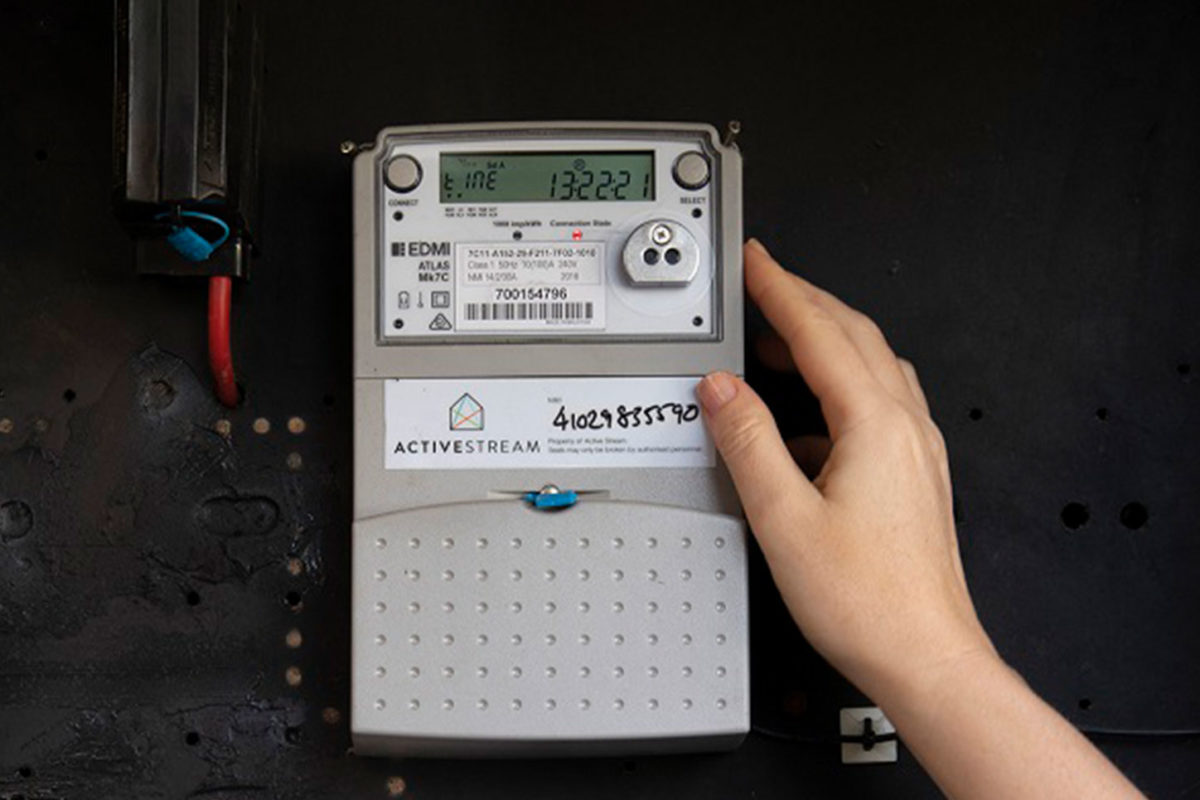
ICCI calls for abolishing TOU Metering to provide crucial relief to the general public
- November 07, 2020
The Islamabad Chamber of Commerce and Industry (ICCI) has
called upon the government to abolish the Time of Use (ToU) metering on
electricity bills as the general consumers have to pay high rates of electricity
during the peak hours due to the prevalence of ToU metering system in the
country.
Sardar Yasir Ilyas Khan, President, Islamabad Chamber of Commerce and Industry
said that the Time of Use (TOU) metering was introduced in Pakistan at a time
when the country was facing great shortage of electricity and this system was
enforced to discourage the use of electricity. However, he said that now Pakistan
has become surplus in electricity as according to the Economic Survey of Pakistan
2019-20, the installed generation capacity of the country has exceeded 36000
MW while the maximum utilization of electricity in peak season was around
23,000-25,000 MW, which tumbled down to 12,000-13,000MW in the winter
making the country having sufficient surplus electricity. He said that in this
situation, there was no justification to continue with the ToU metering.
Sardar Yasir Ilyas Khan said that Pakistan was facing mounting circular debt issue,
which has gone up to Rs.2.2 trillion. He said that one of the best option to cope
with the circular debt issue is to encourage the maximum utilization of installed
capacity of the electricity for which abolishing ToU metering was very important.
He said that the common man was currently facing miserable conditions due to
high inflation while the doing away with ToU metering would bring down
inflation and provide crucial relief to the common man. He said that government
should also bring down gas tariffs for commercial and domestic consumers that
would be helpful in promoting business activities and reducing inflation for the
common man.
Ms. Fatma Azim Senior Vice President and Abdul Rehman Khan Vice President
ICCI said that the government should make further cut in the electricity tariffs for
commercial and domestic consumers that would promote the use of electricity
and generate more revenue for the government. Due to usage of more electricity
at low rates, the government would be in a better position to cope with the
circular debt issue, they added.

